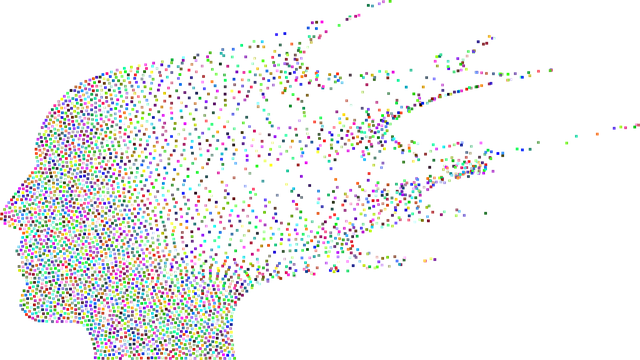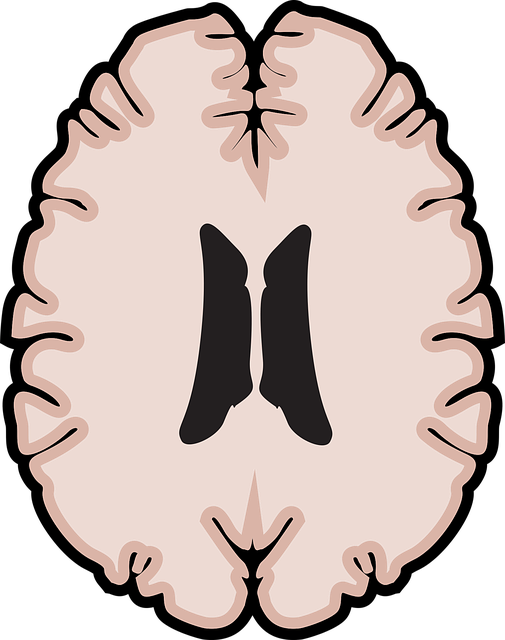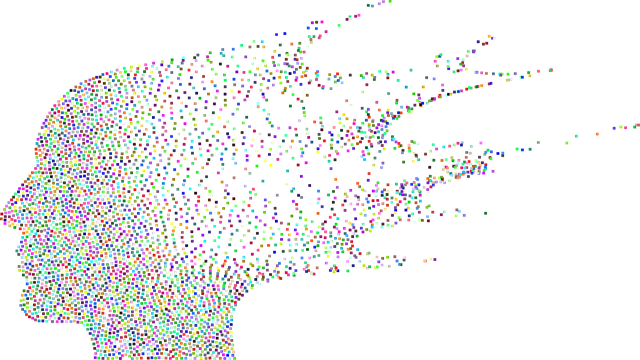Northglenn Interpersonal Issues Therapy provides a supportive environment for individuals navigating loss, grief, and bereavement through exercises promoting self-awareness, crisis intervention techniques, and social skills training. Their comprehensive approach includes cognitive-behavioral therapy (CBT), trauma support, mindfulness meditation, and stress reduction methods to address complex emotional journeys. By fostering resilience and healthy coping strategies, Northglenn IIT aids clients in adjusting to life changes, improving relationship communication, and enhancing overall emotional well-being.
Loss, grief, and bereavement are profound experiences that can profoundly impact individuals and relationships. Understanding these complex processes is crucial for effective coping and healing. This comprehensive guide explores the intricate relationship between loss, grief, and bereavement, delving into interpersonal issues often associated with these emotions. We highlight the transformative power of counseling, particularly Northglenn Interpersonal Issues Therapy, in navigating difficult territories and fostering emotional recovery.
- Understanding Loss, Grief, and Bereavement: A Comprehensive Overview
- The Role of Counseling in Navigating Interpersonal Issues Related to Grief
- Identifying Common Signs and Symptoms of Prolonged Grief
- Therapeutic Approaches for Effective Loss and Bereavement Counseling
- Northglenn Interpersonal Issues Therapy: Providing Supportive Care for Emotional Healing
Understanding Loss, Grief, and Bereavement: A Comprehensive Overview

Loss, grief, and bereavement are complex emotional processes that impact individuals differently. Understanding these concepts is crucial for anyone seeking support through Northglenn interpersonal issues therapy. Loss refers to the absence or detachment from something valued, such as a person, relationship, or even a dream. It’s a universal experience that can arise from various circumstances, including death, divorce, separation, or significant life changes.
Grief is the emotional response to loss, characterized by feelings of deep sorrow and pain. It’s a natural part of the healing process but can be overwhelming if left unaddressed. Bereavement, on the other hand, specifically refers to the period following a significant loss, during which individuals navigate their emotions and adjust to life without their loved one or valued item. Northglenn interpersonal issues therapy provides valuable support through self-awareness exercises, crisis intervention guidance, and social skills training to help individuals process these complex feelings and develop healthy coping mechanisms.
The Role of Counseling in Navigating Interpersonal Issues Related to Grief

Navigating interpersonal issues related to grief can be a complex and challenging process, but counseling plays a crucial role in helping individuals manage these difficulties. Northglenn Interpersonal Issues Therapy provides a safe space for people to express their emotions, reflect on significant losses, and explore how these experiences impact their relationships. Through this therapeutic process, clients gain valuable insights into their feelings of sadness, anger, or isolation, enabling them to develop healthier coping mechanisms and improve communication with loved ones.
Counseling also offers effective strategies for stress management, which is often heightened during times of bereavement. By learning emotional well-being promotion techniques, individuals can better regulate their emotions, reduce anxiety, and enhance their overall resilience. Additionally, mental illness stigma reduction efforts are integral to the counseling process, fostering an environment where those dealing with grief feel understood and supported in seeking help without fear of judgment.
Identifying Common Signs and Symptoms of Prolonged Grief

Prolonged grief can manifest in various ways and recognizing these signs is crucial for seeking appropriate support, especially through Northglenn Interpersonal Issues Therapy. Common symptoms include intense or prolonged feelings of sadness, a sense of isolation and disconnection from others, and difficulty performing everyday tasks that were once routine. Individuals might experience disruptions in sleep patterns, changes in appetite, and a reduced interest in activities they previously enjoyed.
The impact of loss extends beyond the initial stages of grief, as prolonged bereavement can significantly affect mental wellness. Establishing a robust self-care routine development is an essential strategy for better managing these challenges. Community outreach program implementation, which fosters social connections and support networks, also plays a vital role in navigating the complexities of grief and promoting mental health recovery.
Therapeutic Approaches for Effective Loss and Bereavement Counseling

In addressing loss, grief, and bereavement, Northglenn Interpersonal Issues Therapy employs a range of therapeutic approaches designed to offer relief and support. One prominent method is cognitive-behavioral therapy (CBT), which helps individuals challenge and reframe negative thought patterns related to their loss, thereby alleviating symptoms of depression and anxiety. This approach empowers clients to manage their emotions more effectively during the grieving process.
Additionally, trauma support services are integrated into the counseling framework to address any underlying traumatic responses that may arise due to loss. Techniques such as mindfulness meditation and stress reduction methods are used to promote emotional well-being by teaching individuals how to stay present, reduce tension, and cultivate a sense of inner calm. Through these holistic approaches, Northglenn Interpersonal Issues Therapy provides tailored support to help clients navigate their grief while fostering resilience and a renewed sense of purpose.
Northglenn Interpersonal Issues Therapy: Providing Supportive Care for Emotional Healing

In Northglenn, Interpersonal Issues Therapy (IIT) stands out as a beacon of supportive care for individuals navigating loss, grief, and bereavement. This therapeutic approach recognizes that emotional healing is deeply intertwined with our relationships and social connections. IIT fosters self-awareness exercises tailored to help clients process their emotions, understand their impact on interpersonal dynamics, and develop healthier coping mechanisms. By engaging in open dialogue, clients are supported in exploring complex feelings associated with loss, fostering a safe space for expression and growth.
Beyond individual therapy sessions, Northglenn’s IIT integrates mental wellness coaching programs that promote holistic development. These programs encourage clients to cultivate resilience, build supportive networks, and adopt sustainable practices for managing emotional challenges. By addressing the broader context of mental health, including advocacy for policy analysis, Northglenn’s approach ensures that individuals receive comprehensive care tailored to their unique needs. This inclusive strategy not only supports immediate healing but also empowers individuals to advocate for themselves and contribute to shaping effective mental health policies in their community.
Loss, grief, and bereavement can profoundly impact an individual’s life, but with the right support, healing is achievable. As discussed, understanding these complex emotions and their interpersonal implications is crucial. Northglenn Interpersonal Issues Therapy offers a safe space for individuals to navigate these challenges through effective therapeutic approaches. By recognizing common signs of prolonged grief and leveraging specialized counseling techniques, those affected can find solace and gradually rebuild their lives after loss.














